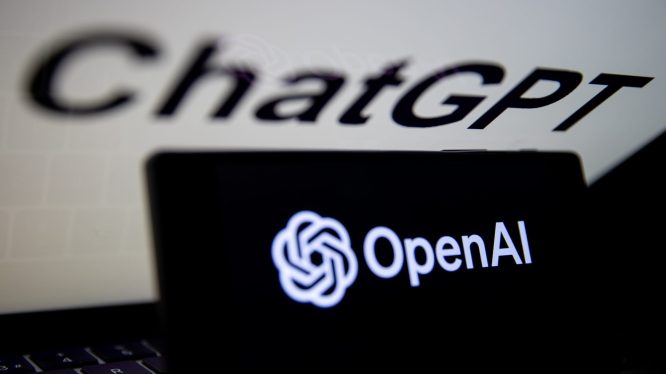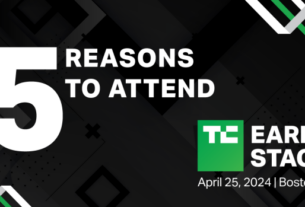In an effort to revolutionize online learning, OpenAI is exploring ways to integrate chatbots into online courses. According to Siya Raj Purohit, a member of OpenAI’s go-to-market team for education, the company may soon allow e-learning instructors to create custom "GPTs" that are tailored to specific curricula.
Creating Custom GPTs
Purohit’s vision is for professors to create customized chatbots using OpenAI’s existing tools. These chatbots would be designed to engage with students in a lifelong learning manner, providing them with access to vast amounts of knowledge and research materials. "What I’m hoping is going to happen is that professors are going to create custom GPTs for the public and let people engage with content in a lifelong manner," Purohit said during a recent fireside chat hosted by Coeus Collective.
Current Developments
OpenAI has already seen some success with its existing tools. According to Purohit, many professors are uploading a semester’s worth of content to create custom GPTs, which they then make available to their students. "Students engage with that finite knowledge…[which] I think is a really powerful and good way to let them research," she added.
The Education Market
OpenAI has been actively pursuing the education market, recognizing its potential for growth. In September, the company hired Leah Belsky as its first education GM, who was tasked with bringing OpenAI’s products to more schools. This spring, OpenAI launched ChatGPT Edu, a version of ChatGPT specifically designed for universities.
The AI in Education Market
According to Allied Market Research, the AI in education market is expected to reach $88.2 billion within the next decade. However, growth has been slow due to skepticism among educators. A recent survey by the Pew Research Center found that a quarter of public K-12 teachers believe using AI tools does more harm than good.
Khanmigo: An Example
One example of an AI-powered chatbot in education is Khanmigo, developed by Khan Academy in collaboration with OpenAI last year. This chatbot provides students with pointers on homework assignments and test prep, integrating tightly with Khan Academy’s educational content library. However, when tested by The Wall Street Journal in February, the chatbot struggled with basic math and often failed to correct errors.
Improvement Ahead
Purohit is confident that OpenAI’s models are improving rapidly. "All of our models keep getting better, and our goal is to help translate that into what works in learning and teaching," she said.
Challenges Ahead
Despite the potential benefits of AI-powered chatbots in education, many educators remain skeptical. A recent poll by the Rand Corporation and the Center on Reinventing Public Education found that only 18% of K-12 educators are applying AI in their classrooms.
Conclusion
As OpenAI continues to explore ways to integrate chatbots into online courses, it is clear that there are both opportunities and challenges ahead. While some educators are optimistic about the potential benefits of these tools, others remain skeptical. One thing is certain: the future of education is likely to be shaped by AI in a significant way.
The Future of Online Education: Key Takeaways
- OpenAI may soon allow e-learning instructors to create custom GPTs tailored to specific curricula.
- Custom GPTs would engage with students in a lifelong learning manner, providing access to vast amounts of knowledge and research materials.
- Many professors are already using OpenAI’s existing tools to create customized chatbots for their students.
- The AI in education market is expected to reach $88.2 billion within the next decade.
- Educators remain skeptical about the use of AI-powered chatbots in education.



